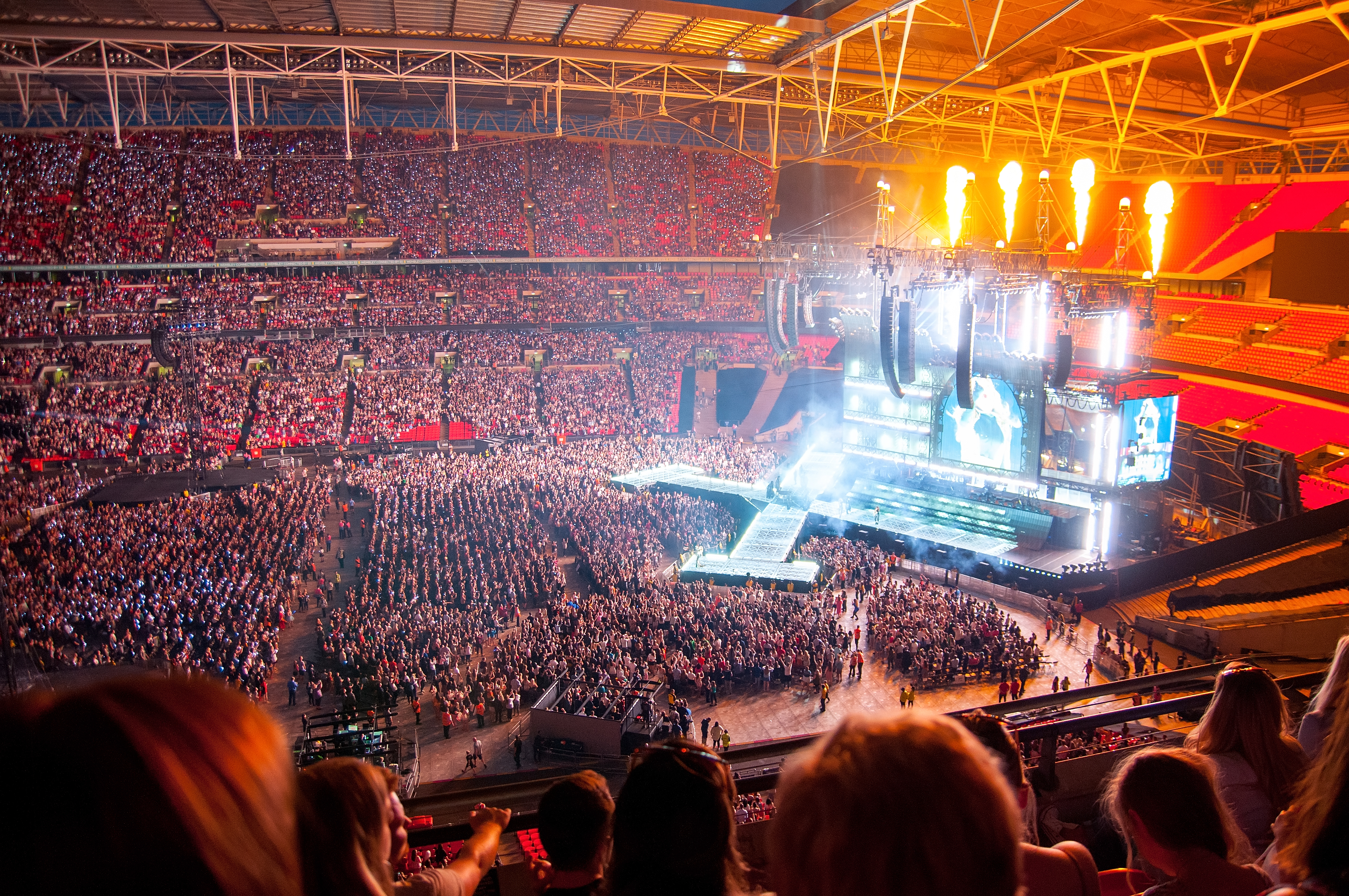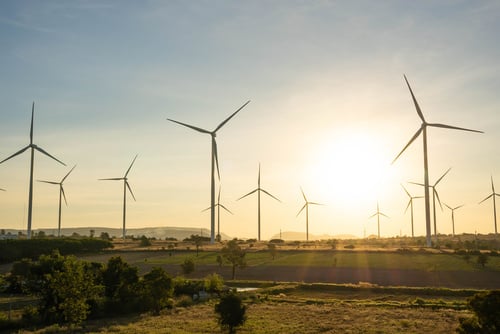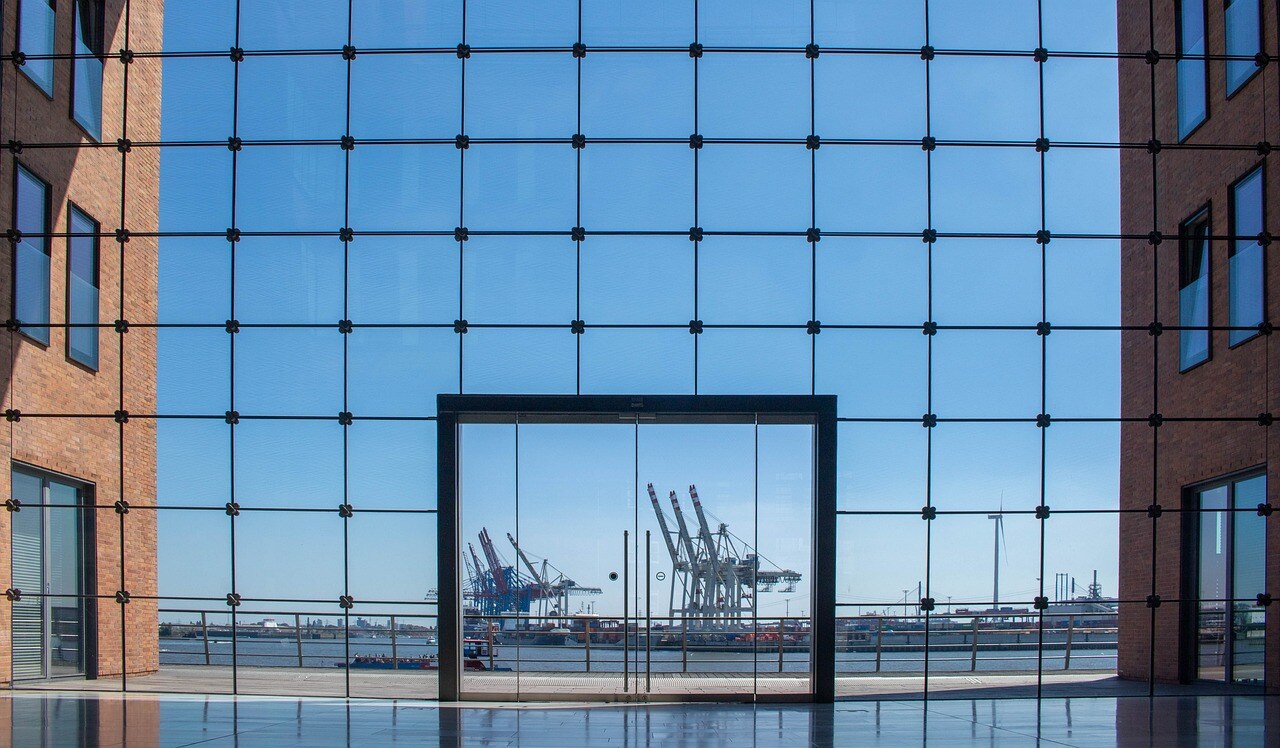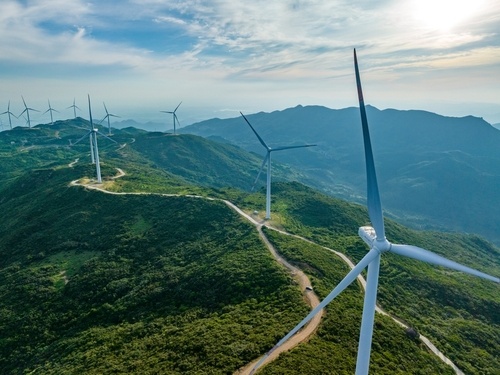Discover how different factors affect energy usage and explore the importance of data-driven insights in promoting sustainability.
The dynamics of event energy usage
When considering event energy usage, various factors come into play, each impacting the total energy consumed. Let's consider a few key variables:
- Event type: Various events demand different levels of energy. A high-intensity rock concert might require more lighting, sound equipment, and stage effects than a corporate conference or a theatre performance. The nature of the event directly affects the energy needed to power it.
- Attendance: The number of attendees can significantly impact energy usage. A sold-out event requires more energy for lighting, air conditioning or heating, concessions, and restroom facilities than a sparsely attended gathering.
- Timing: When an event occurs, the time of day or year can also influence energy consumption. Evening events require more artificial lighting, while outdoor events in extreme weather conditions necessitate additional heating or cooling resources.
- External temperature: Weather conditions play a crucial role in determining energy needs. In hotter climates, air conditioning systems work overtime to keep venues comfortable, whereas in colder regions, heating systems are essential to maintain warmth.
Real-world examples from the sports and entertainment industry
Now, let's examine how these factors materialise in practical situations within the sports and entertainment sector:
- Major sporting events: When hosting a major sporting event, it is essential to consider the energy demands involved. These spectacles draw massive crowds, requiring extensive lighting, HVAC systems, and broadcasting equipment. Stadiums must equip themselves to handle the surge in energy consumption during these high-profile events.
- Music festivals: Music festivals are another example of how energy usage can spike dramatically. With multiple stages, vendors, and camping areas, these events demand significant power to operate lighting, sound systems, and other infrastructure day and night.
The role of data-driven insights
In optimising event energy usage and driving sustainability efforts, data-driven insights are crucial. Solutions like Event Insights provide valuable information that event organisers can leverage to make informed decisions. By analysing historical data and real-time metrics, organisers can:
- Predict energy needs based on event type, attendance projections, and weather forecasts.
- Find opportunities to improve energy efficiency, such as upgrading to energy-efficient lighting and HVAC systems or implementing strategies to reduce waste.
- Allocate resources more effectively, ensuring energy usage aligns with demand and minimising unnecessary consumption.
Embracing sustainability
As the world becomes more conscious of environmental issues, there's a growing focus on sustainability within the events industry. Oversets and event organisers can reduce their carbon footprint by optimising energy usage and adopting eco-friendly practices, contributing to a more sustainable future.
In conclusion, understanding event energy usage involves analysing a complex interplay of factors, from event type to external conditions. By leveraging data-driven insights, the events industry can minimise its environmental impact while continuing to provide unforgettable experiences for audiences worldwide.







